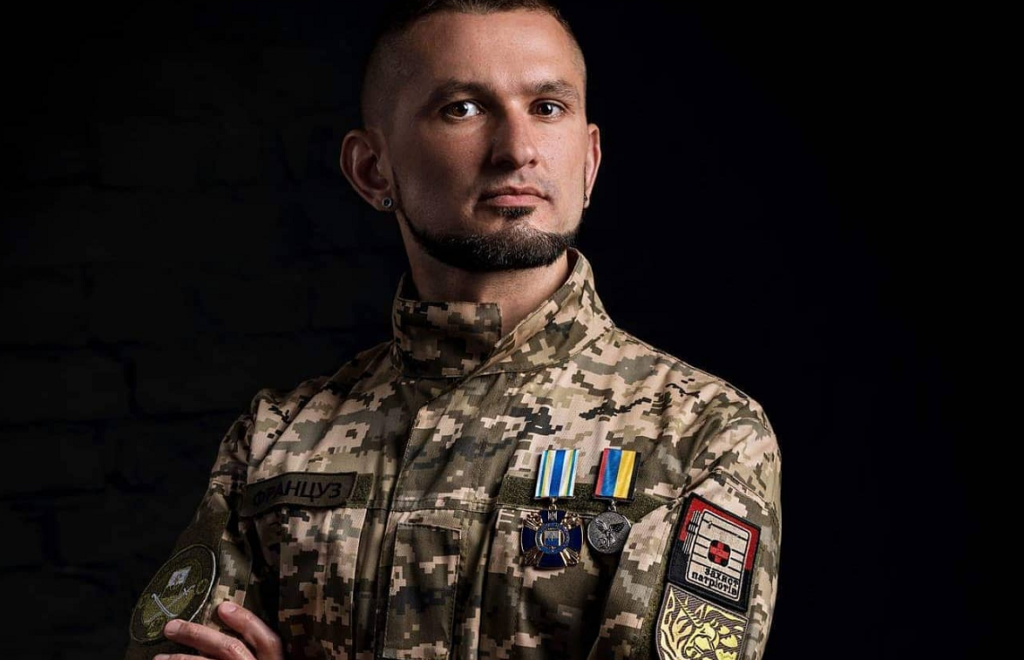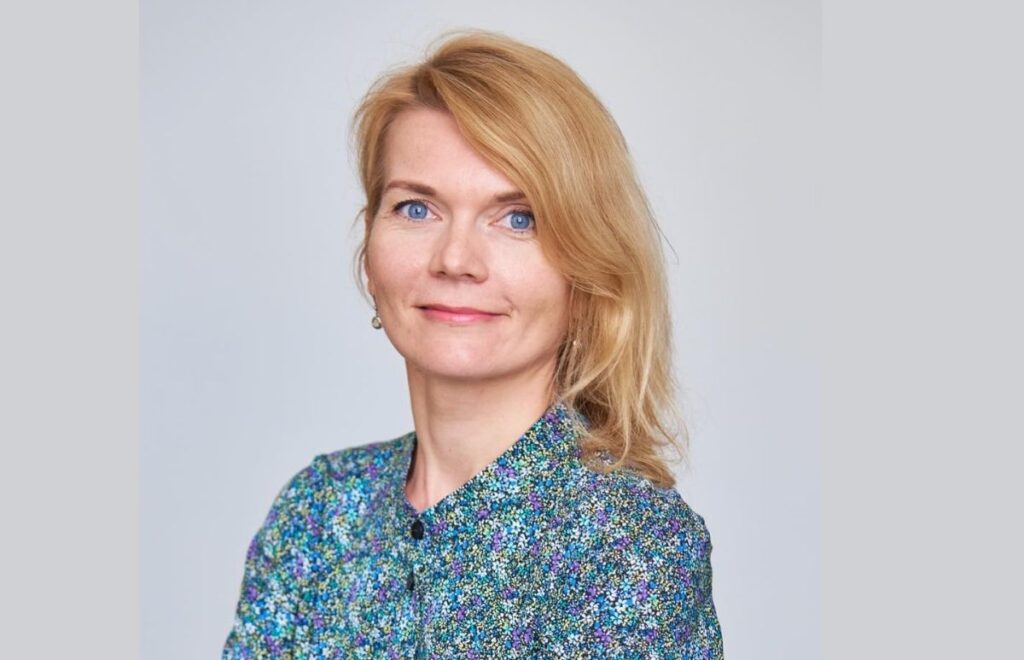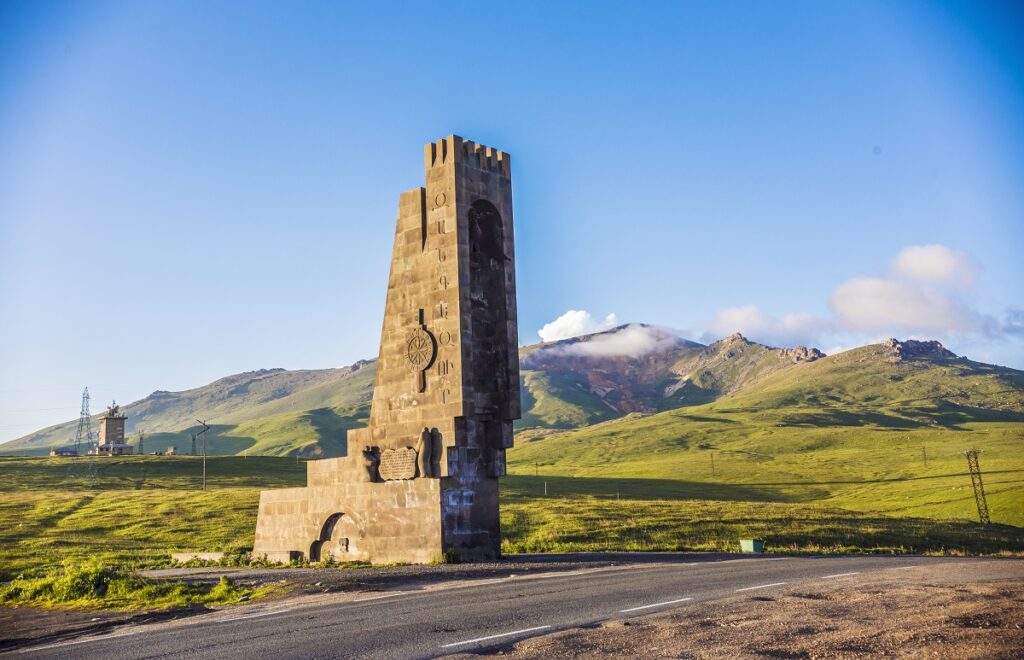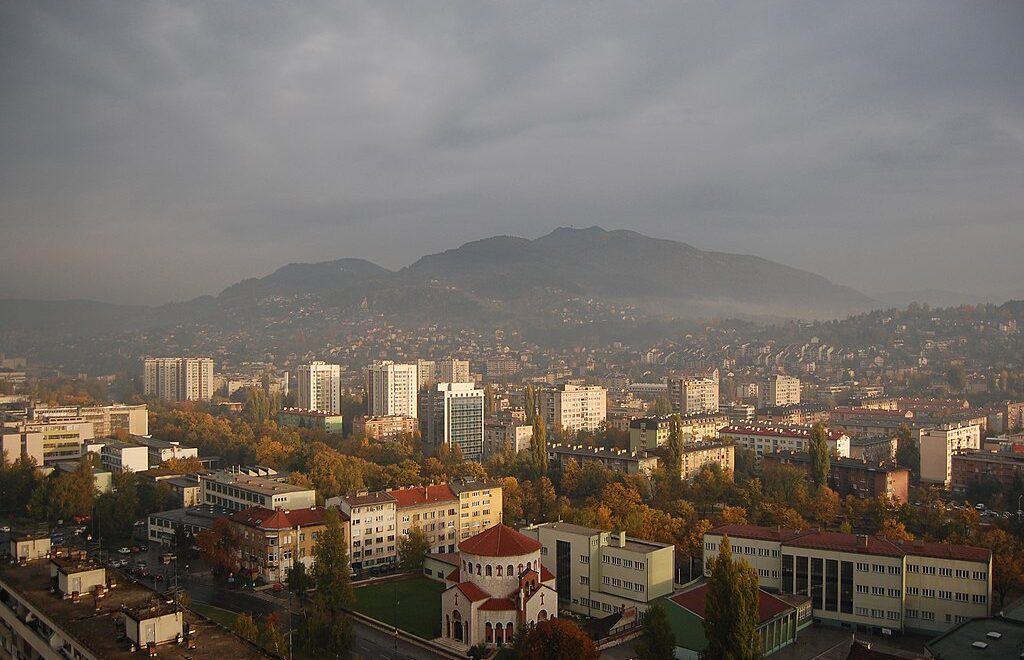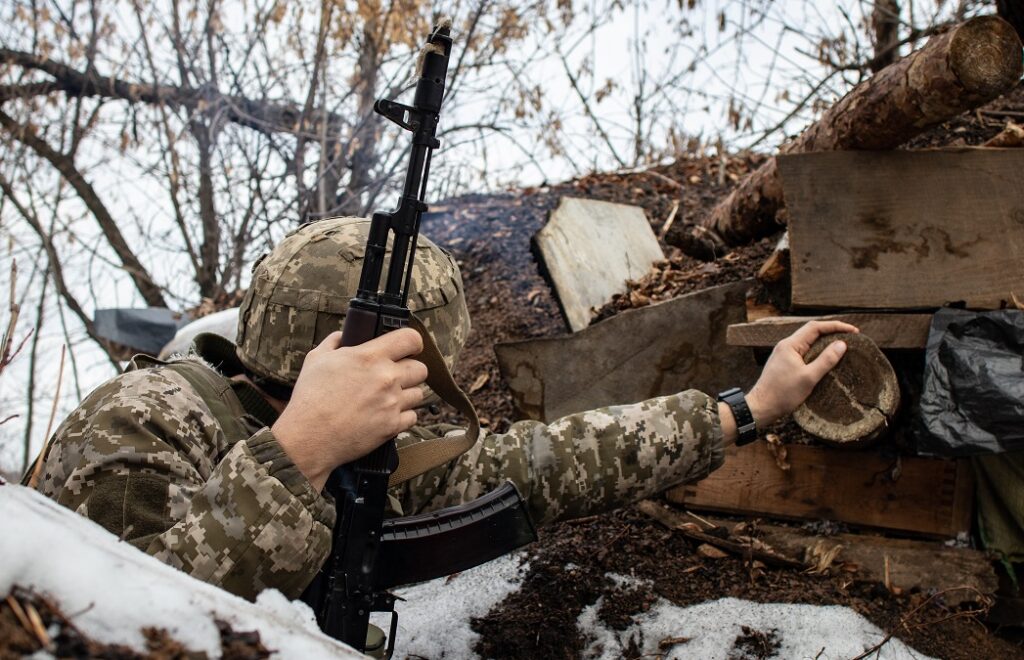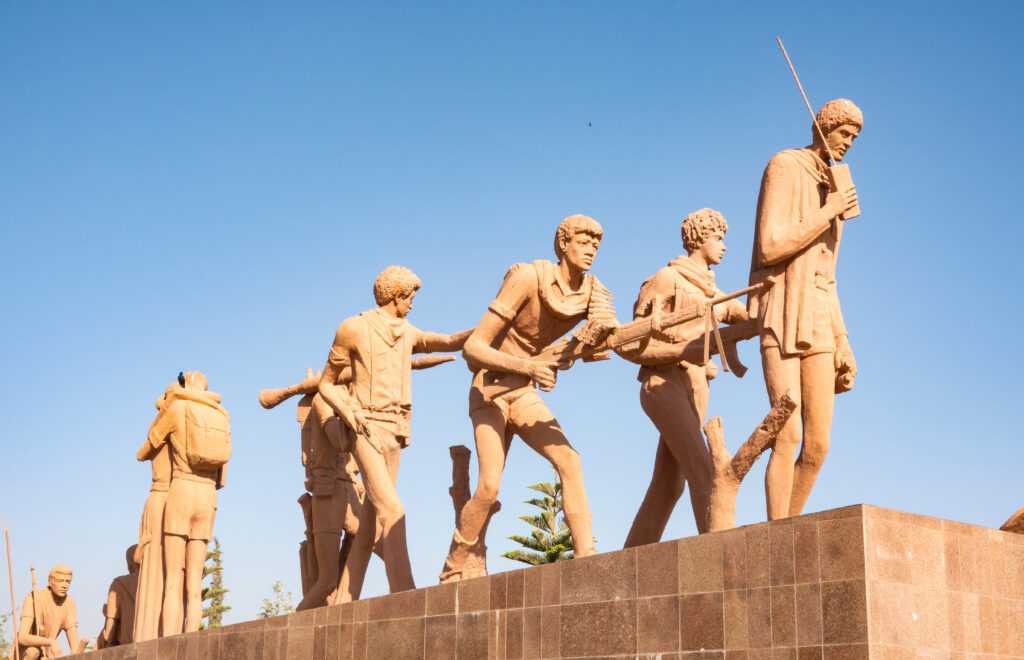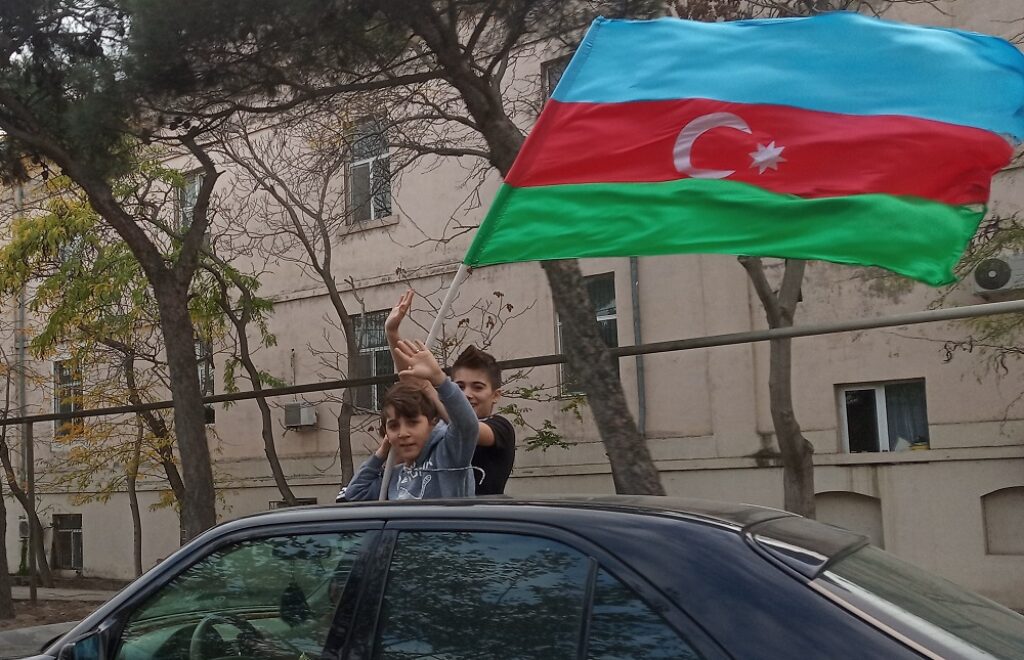The LGBTQ+ community, just like the army, is a part of society
VITALII MAZURENKO: What is your opinion on tolerance towards the LGBTQ+ community in Ukraine?
VIKTOR PYLYPENKO: Ukrainian society has been changing in front of our eyes. Maybe some time ago it looked like we were behind other countries with regards to this issue. But now things are different. When it comes to the country’s social transformation, equal rights education and human rights, including those of the LGBTQ+ community, we are moving forward. We can see this, for example, in the number of participants at the Kyiv Pride Parades. While in 2015 its participants (very few in number) were attacked by right-wing radicals, these events now not only attract larger numbers of participants but are also organised in smaller towns and localities.
February 15, 2022 - Viktor Pylypenko Vitalii Mazurenko


